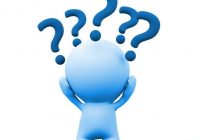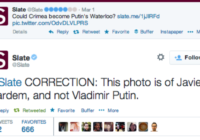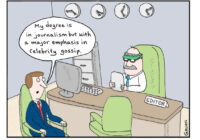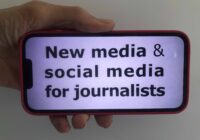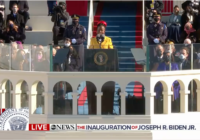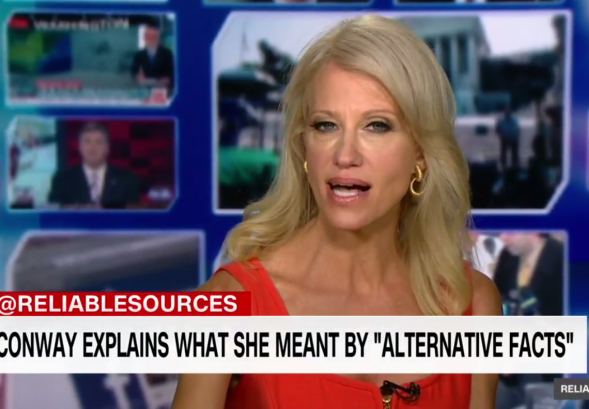Hear the beating heart of great journalism
Journalists are always imagined asking questions but seldom seen listening to the answers. Yet listening is at the beating heart of good journalism, especially when interviewing. Whether paupers or presidents, what they say and do in interviews can provide the raw materials for turning a good chat into an insightful, informative and compelling interview. So sit back and listen, ask and then hear.
. Read More


